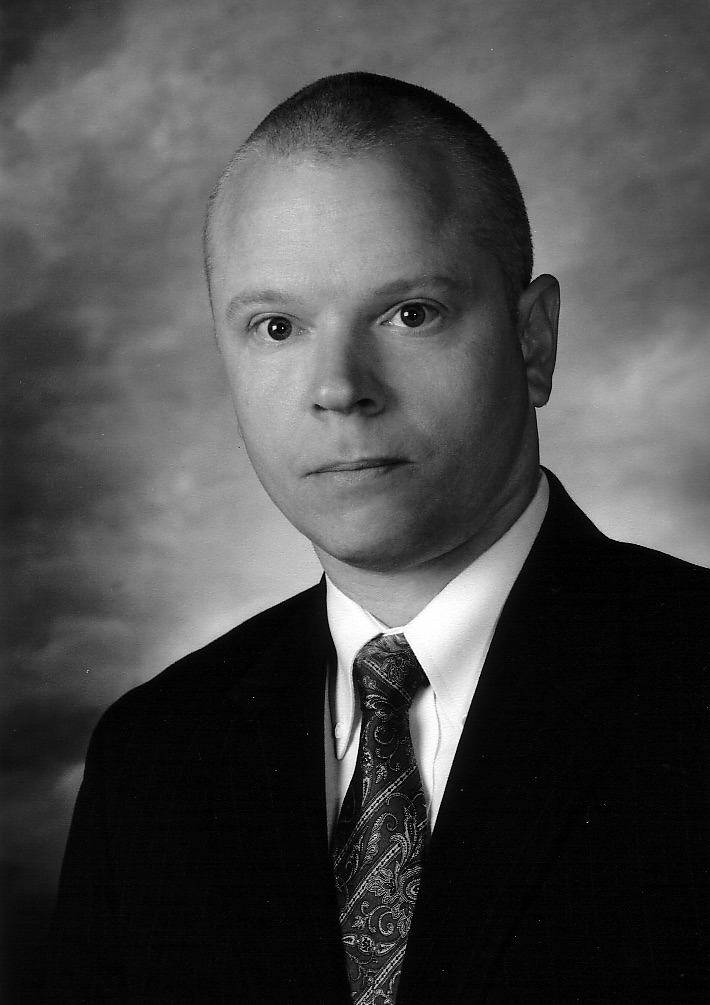Augusta-Parham, Aishah, MA
Aishah Augusta-Parham is a fifth-year Doctoral Candidate in Counseling Psychology at the University of Kansas. She completed a Master of Arts degree in Clinical Mental Health Counseling at Regent University. Aishah is currently finishing her doctoral internship, with a focus in forensic assessment and competency treatment, at the Center for Behavioral Medicine. Her research has primarily focused on; the effects of clients’ social media use on their ability to deal with difficult decisions moderated by well-being, spirituality and need for cognition, and positive psychology. Aishah’s research experience has strengthened her appreciation for the development, evaluation, and implementation of effective evidence-based psychological services.
Presentation(s):
Evidence-based Psychotherapies in Competency Restoration Treatment






